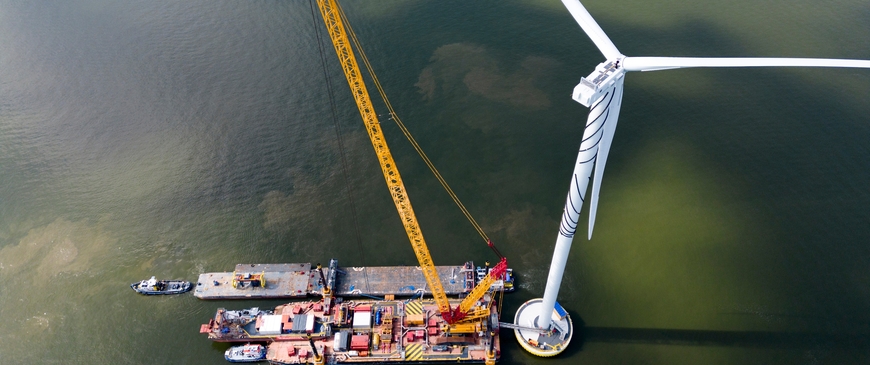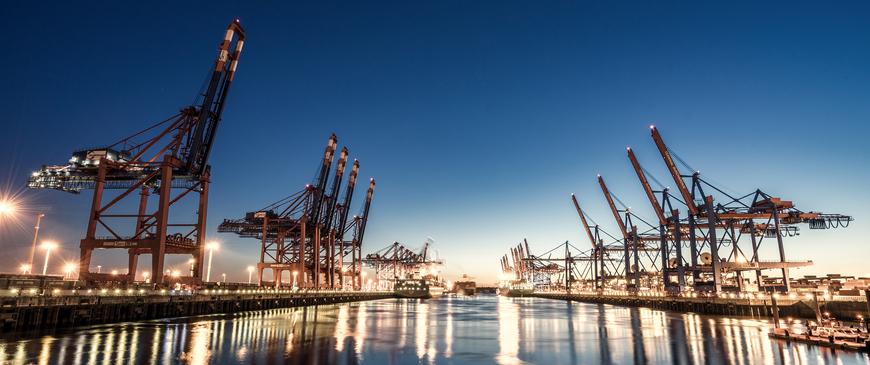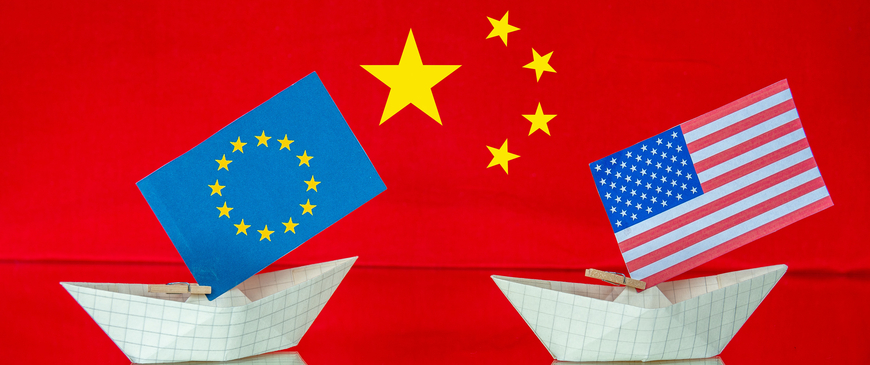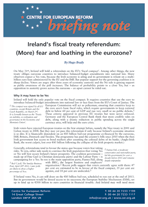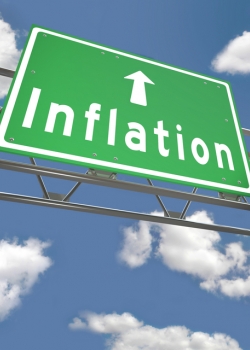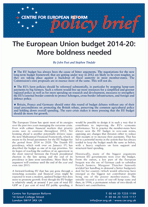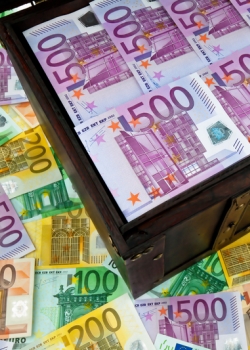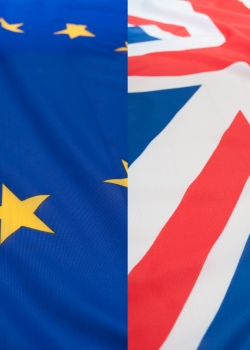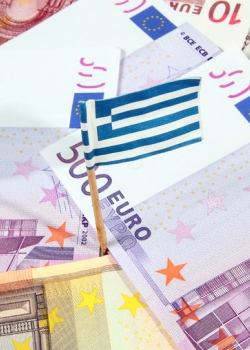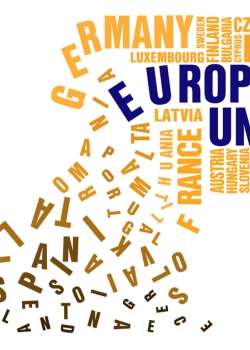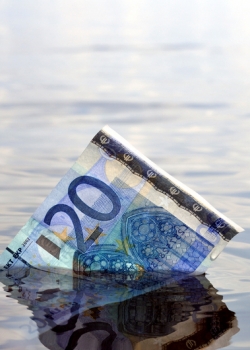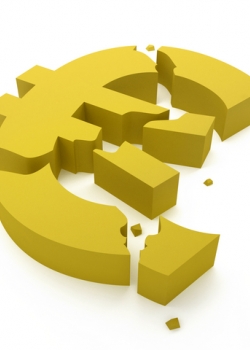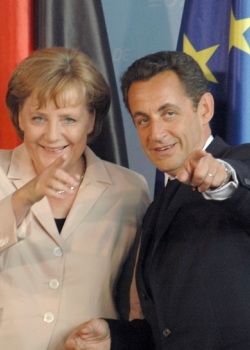Single market, competition & trade
Ireland's fiscal treaty referendum: (More) fear and loathing in the eurozone?
11 May 2012
Ireland votes on the EU’s new fiscal compact on May 31st. Hugo Brady assesses the chances of a Yes and the consequences of a No.
Germany's choice: Higher inflation or sovereign defaults
09 May 2012
Germany faces a choice between higher inflation or a wave of sovereign defaults culminating in either a transfer union or the collapse of the eurozone.
Governance reforms have left the euro's flawed structure intact
18 April 2012
European leaders have presided over a major overhaul of the way the eurozone is run. But the eurozone's basic institutional configuration remains as unstable as ever.
The European Union budget 2014-20: More boldness needed
05 April 2012
Economic circumstances will make EU budget negotiations even more difficult than usual. Britain, France and Germany should drop their normal preconditions.
Tackling the scourge of youth unemployment
28 March 2012
European youth unemployment is unacceptably high. Governments are trying to push young people into work, despite weak demand: they would do better to educate them.
Stable public finances require stronger business investment
26 March 2012
Economic recovery in Europe is being held back by the unprecedented weakness of business investment. Despite a secular decline in business taxation and labour market reforms that have boosted the power of capital relative to labour, the ratio of investment-to-GDP across the EU is at a 60 year low. Rather...
Issue 83 - 2012
23 March 2012
- How to keep Britain in the EU, Charles Grant
- Stable public finances require stronger business investment, Simon Tilford
- A new political bargain in Afghanistan, Edward Burke
Eurozone policy-makers place a big bet
13 March 2012
The ECB's decision to lend almost unlimited amounts of money to Europe's banks has bought the eurozone some time. But there is risk that time will be wasted.
Europe's growth strategy: All supply and no demand
27 February 2012
Europe's growth performance since 2008 has been abject. The reason is that fiscal policy has done too little to offset the impact of deleveraging in the private sector.
France: Why the self-flagellation?
10 February 2012
France has its economic weaknesses. But in some important respects its model holds out better prospects for a return to economic growth across the eurozone than does Germany's.
Greece's real challenge
03 February 2012
Greece's new bail-out package needs less austerity and more structural reforms. A bloated and immobile public sector remains a drag on growth.
The Baltic states and Ireland are not a model for Italy and Spain
27 January 2012
Were Italy and Spain to emulate the Baltics states and Ireland, the implications for the European economy and the future of the euro would be devastating.
Issue 82 - 2012
27 January 2012
- Needed: A growth strategy for Europe, Simon Tilford
- Why an EU financial transactions tax is a red herring, Philip Whyte
- The US declares peace in Europe, prematurely, Tomas Valasek
Needed: A growth strategy for Europe
26 January 2012
The struggle to address the eurozone crisis means that Europe's unprecedented economic malaise is receiving far too little attention. To the extent that the EU has a growth strategy it relies heavily on the adoption of structural reforms in the crisis-hit eurozone economies. But such reforms alone will not drive...
Why an EU financial transactions tax is a red herring
26 January 2012
Ever since it was first mooted in the 1970s, a financial transactions tax (FTT) has often been thought of as an interesting idea that cannot work in practice (because it needs to be adopted universally if it is not to be undermined by tax arbitrage). In other words, the difficulty...
The UK-EU split: The impact on Central Europe
13 December 2011
The UK decision to boycott the new EU treaty has left like-minded countries in Central European in weaker position to resist France's etatist tendencies.
Britain on the edge of Europe
09 December 2011
The Brussels agreement on December 9th will weaken British influence in the EU and could damage the single market.
EU summit: Enough to save the euro?
08 December 2011
The UK’s decision to marginalise itself by vetoing a new EU-27 treaty has dominated the post-summit media coverage. And for good reason – it could prove a big step towards UK withdrawal from the EU. However, the bigger question is whether the agreement reached at the summit will do anything to address the fundamentals of the euro crisis.
The French learn followership
30 November 2011
France is backing Germany’s wish for a new treaty to enshrine strict budgetary discipline. In exchange, it hopes Germany will save the euro.
The curious case of German leadership
29 November 2011
Is Berlin leading in the euro crisis? Many Germans say it does, by spreading ‘stability culture’ – but not by telling the ECB what to do.

